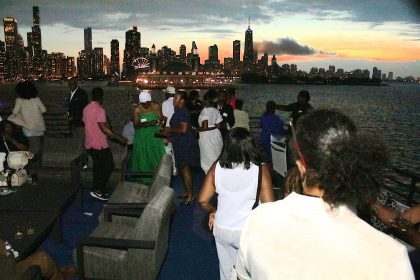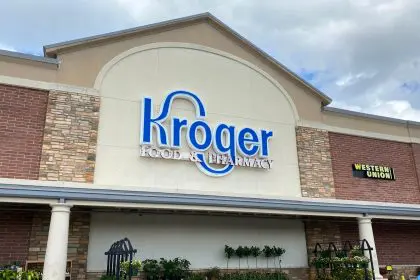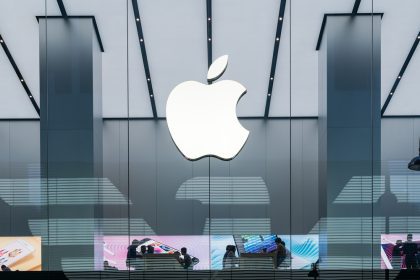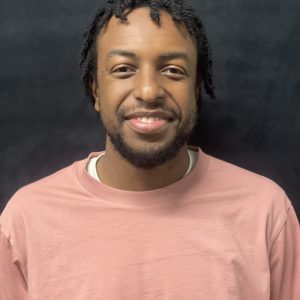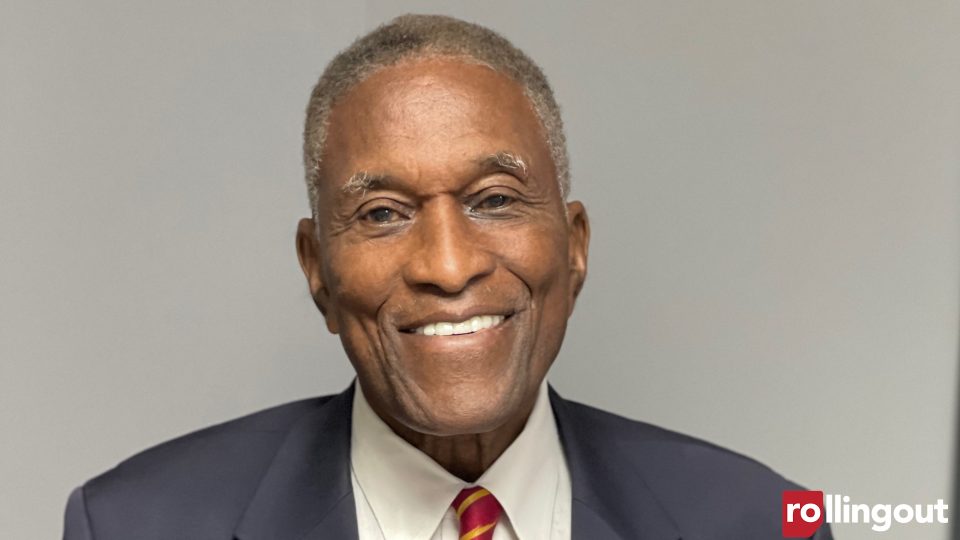
Johnny Ford wants to move Tuskegee, Alabama, forward economically. The 80-year-old former longtime mayor of the city and now councilman attended the National Alliance of Black Business retreat at Clark Atlanta University on Nov. 18.
At the retreat, Ford spoke with rolling out about his plans to continue to advance Tuskegee economically.
How has this collaboration between the National Black Chamber of Commerce and the National Business League been?
We’re very pleased to be a collaborating organization with the National Business League. As you know, the National Business League was founded by Dr. Booker T. Washington, from Tuskegee University. We work very closely with the World Conference of Mayors. … We work very close together with the historic Black colleges and the historic Black towns, with the international community, with Africa, Taiwan, the Caribbean, South America; we are a global network. All of it is designed to improve the quality of life for those of African descent.
I have the opportunity to serve as an ambassador for the State of the African Diaspora. I’m happy to be here, networking with the National Business League, Dr. Kenneth Harris, brother [Charles] DeBow. I’m so happy that these two organizations have joined forces together. The Black Chamber of Commerce and the National Business League, now have a National Alliance of Black Business. This is the way we must do it by working together in the future. We must make sure Black people get their fair share of business in the country, and in the world. We’ve got to tap into the global economy. We’ve got to cut the red tape that prevents us from getting our fair share in the business community. Those of us who are in elected positions, [there is] much that government can do to pave the way for business to take place in our cities, in our counties, in our states, in the nation and the globe. So, it’s good to be here for this strategic summit with Dr. Kenneth Harris.
What is going on with international partnerships and the car business in Tuskegee now?
This particular one is with South Korea. The electrification of the transportation industry is a reality. It’s upon us now. It’s no longer the future, it’s now. We have to be on the cutting edge of being developed in our city, a 100 million [dollars] plus automobile factory, that will be producing equipment, pods, as well as automobiles, which will be made available to the public because the transition from gasoline vehicles to electric vehicles is now a reality. We must be on the cutting edge of this transition in terms of the new technology that makes it possible, just like we must in the energy field, be there on the cutting edge, [and] just as we must in terms of agriculture be there on the cutting edge.


